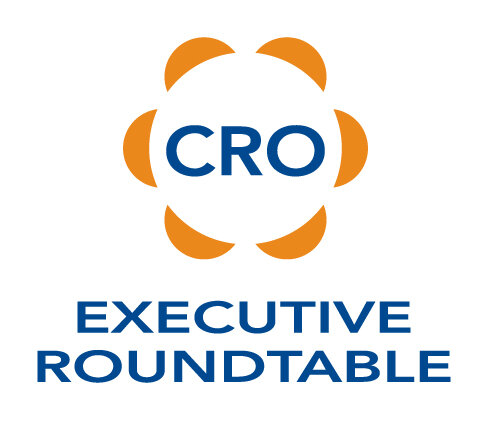Photo by Samantha Scholl on Unsplash
Building the best team involves picking the right horses
From the Harvard Business Review (emphasis mine):
“Team leaders want to nurture creativity. That’s why team building is often a high priority, because cohesion is supposed to help team members work together to achieve their goals. But you should avoid fostering too much cohesion. When it comes to creativity, the best teams fight a little (or even a lot). Structured, task-oriented conflict means that new ideas are being submitted to the group and tested. If your team always agrees, that might mean people are self-censoring their ideas or not generating any new ideas at all. Research suggests that when teams forgo traditional brainstorming rules and engage in debate, they end up with more and better ideas. As a leader, it may seem like your job is to break up fights, but don’t be afraid to act as a referee instead. Allow disagreements over ideas to unfold, while making sure it stays fair and doesn’t get personal.“
How true. If your sales team is always in agreement, it is probable that you have either assembled a group cloned after yourself or you are overly domineering and no one wants to challenge any idea. Either one is detrimental and definitely needs to be addressed (i.e. corrected).
If you have a group that you cloned after your own style and strengths, you are dealing with a group weakness effect whether you are aware of it or not. Although you have strength in certain areas, other areas can be complete blind spots. The problem with blind spots is that markets move, and if they move into one of your group blind spots, you will lose market share quickly. The strongest teams we assess have a variety of styles and strengths which provide a well-rounded group skill set. These teams are more difficult to lead and they often debate, but therein lies their strength.
If you are domineering, that is a different issue requiring a behavior change (no small feat). The first step is to know you are overpowering some, or all, of your team. As the article states, you should view yourself more as the referee and less of the active player. A thoughtful pause, a question for others’ input, deflecting to the group…these are all approaches that will help empower your people to be more creative.



